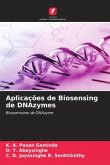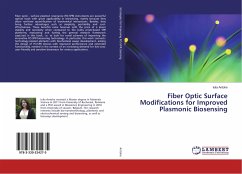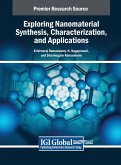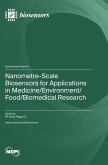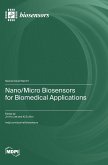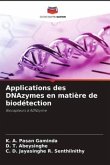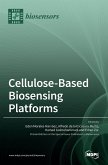The use of DNAzymes as biosensors merges the fields of chemical sciences and biology. DNAzymes have significantly impacted biosensors in recent years in diverse areas, demonstrating unique properties with potentially wide-ranging applications such as detecting metals to theranostic applications. Even though gold standard analytical methods are available to detect metals or microorganisms in the environment, they involve time-consuming, complicated sample pre-treatment and expensive instruments. As an alternative, DNAzymes have demonstrated a non-destructive rapid analysis technique with real-time detection with high sensitivity and selectivity. The use of DNAzymes, a form of catalytic DNA as a biosensor, has shifted towards the intracellular sensing and imaging of the metal ions by incorporating various signal transduction methods. In this book, we will discuss general approaches to the development of DNAzymes and in-vitro selection of DNAzymes that correspond to the development of biosensors from the early '90s to the present and three major areas of DNAzyme application: (i) metal biosensing, (ii) biosensing of microorganisms, and (iii) Development of theranostics systems.


